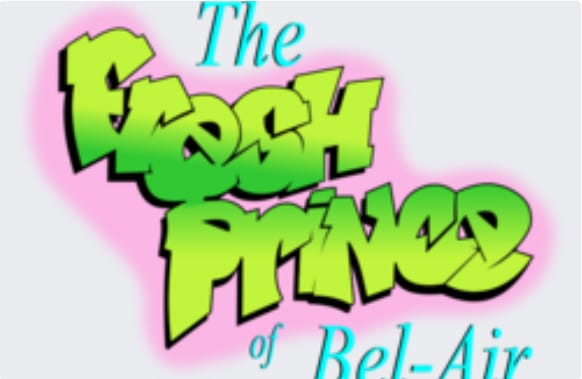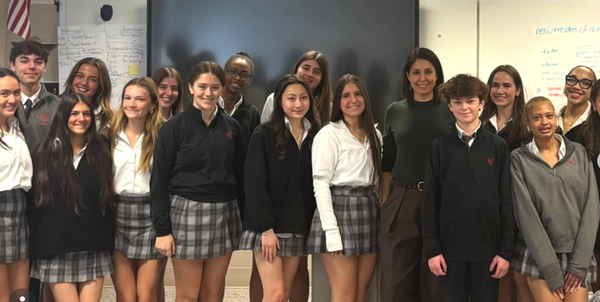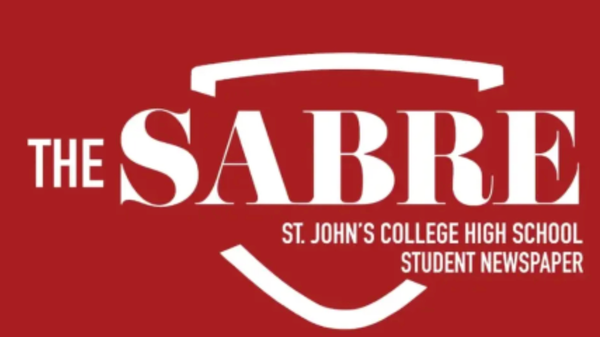Explaining the NBA, China controversy

The NBA and its commissioner, Adam Silver, have been steadily increasing efforts to globalize the game of basketball in recent years. This includes bringing preseason games and practices to places like China, where basketball has become more and more popular since the days of Yao Ming and the Houston Rockets. Ming played in the NBA for eight seasons and now serves as president of the Chinese Basketball Association. He continues to serve as an ambassador of the game and the Rockets organization overseas. That all changed when Daryl Morey, Rockets general manager, sent out a since-deleted tweet in support of pro-democracy protests in Hong Kong.
Morey’s tweet was met with backlash from the Chinese government who have since called for a formal apology on behalf of the NBA. The CBA has also cancelled almost all preseason and G-League games scheduled to take place throughout the season. Not to mention, Chinese broadcasters have since stopped live streaming of games and suspended all relations with the Houston Rockets organization. So, what’s the big deal and why can’t the NBA just get it over with?
Well, there’s a political answer to that question and then there’s the economic disaster that would come with it. Many fans following the issue have banded together in support of Morey exercising his rights to free speech. While commissioner Silver has emphasized his support for free speech, he also calls the tweet “regrettable” considering the NBA’s popularity in China and the “significant financial losses” associated with the tweet including a possible dip in salary cap by 10-15% in 2020-2021. Silver received a letter on behalf of the United States Congress calling it “outrageous that the Chinese Communist Party is using its economic power to suppress the speech of Americans in the United States.” The letter called for the commissioner to take a stand on behalf of Daryl Morey and U.S. values.
The conflict resides on the result of that stand which could potentially end in sponsorship boycotts from many NBA-involved, Chinese companies. Apparel deals with companies such as Li-Ning and Anta have become increasingly popular among athletes in the league. Li-Ning has deals with the likes of Dwayne Wade, CJ McCollum, and Michael Carter-Williams; while Anta has signed on some other household names including Klay Thompson, Gordon Hayward, and Rajon Rondo. Anta released a statement saying it would withdraw on contract renewals with NBA players, while Li-Ning will suspend relations with the Houston Rockets. After this move the Rockets organization could be looking at a potential loss of $25 million in sponsorship.
Other NBA players decided to take a rather neutral approach to the controversy. One such athlete is LeBron James who has spoken out about many political issues in the past and has taken multiple trips to China throughout the course of his career. As a multi-billion dollar icon of Nike, LeBron could very well be effected by the loss of Chinese interest. Nike has 72 factories in China as of 2018 and receives almost $1.4 billion in revenue from the country each year. James told reporters he believes Daryl Morey was “either misinformed or not really educated on the situation.” Those comments have received backlash from many fans here in the states calling him a hypocrite as a social activist. Regardless of players’ opinions Daryl Morey’s tweet cannot be forgotten, and the NBA has a choice to make on whether to take a step back and apologize for the sake of business, or to take the hit and make a political statement.




